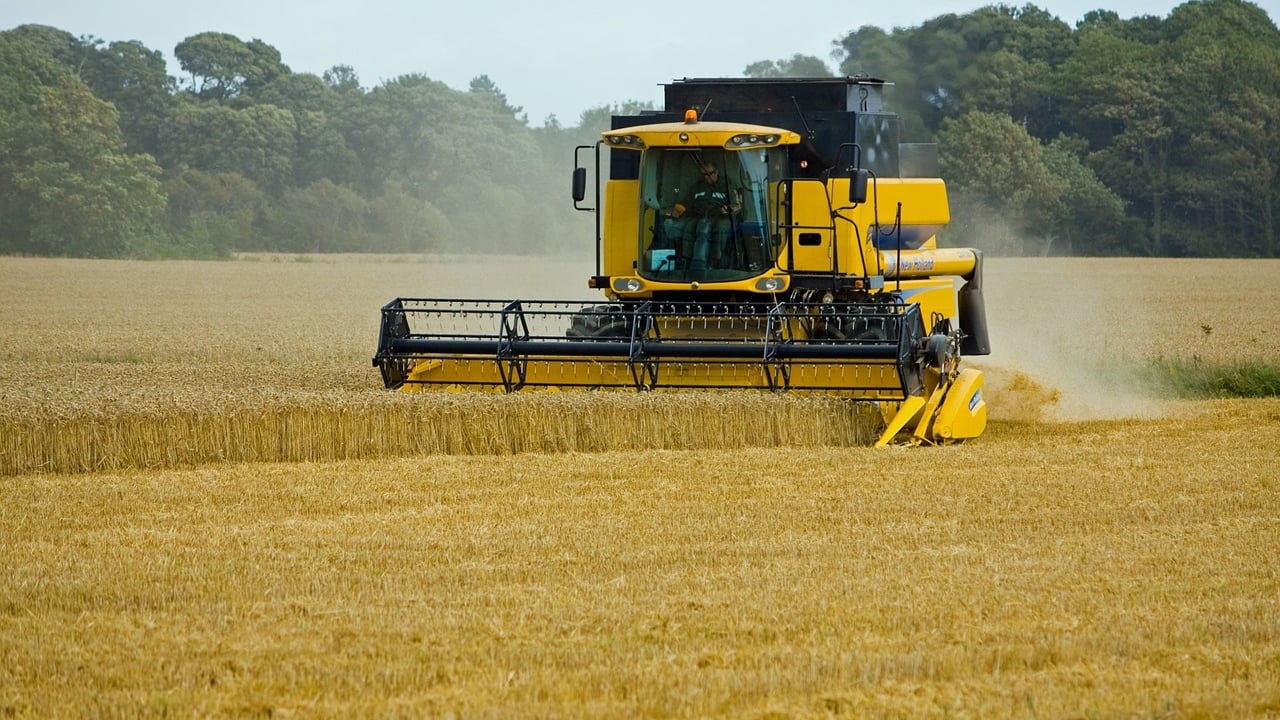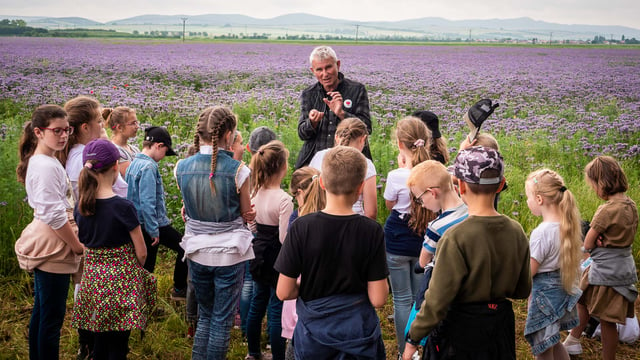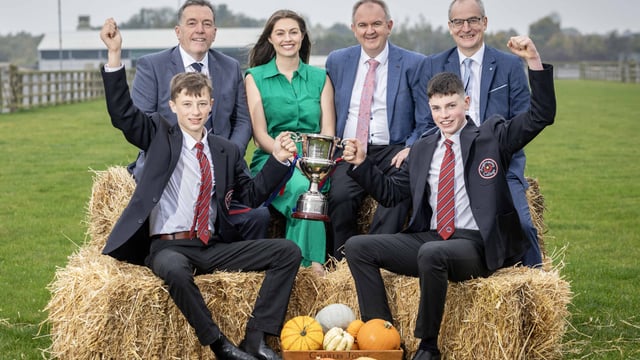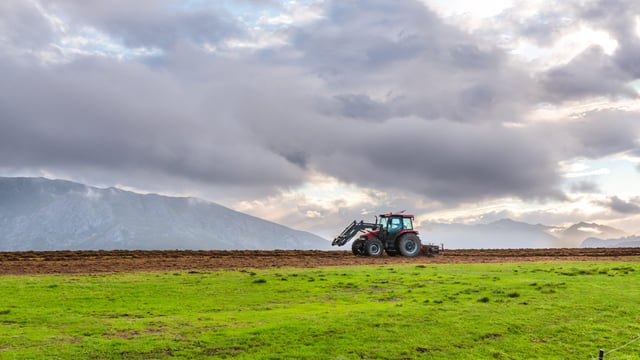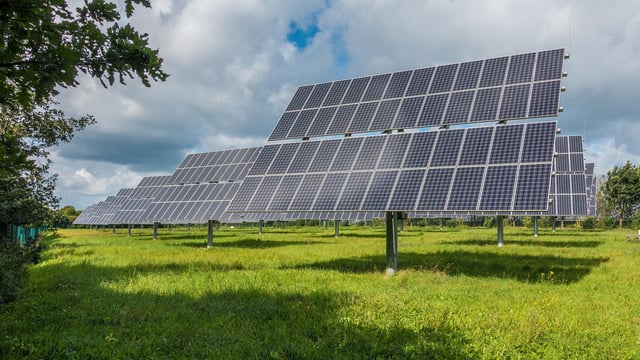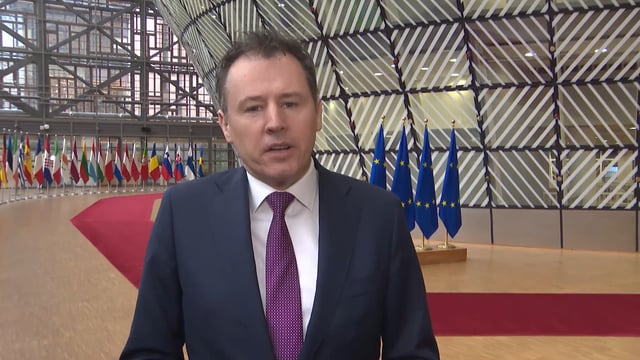Opinion: Minister must publish tillage report response
The upcoming general election must not be allowed to derail the critically important work of the Food Vision Tillage Group, whose final report was submitted to government some months ago.
Minister for Agriculture, Food and the Marine, Charlie McConalogue, is left now with only one option - he must go public with his response to the recommendations made by the members of the group, with immediate effect.
Given recent political developments, there is no guarantee that Minister McConalogue will be in office by the end of this year.
The appointment of the Food Tillage Vision Group was his idea, so it is incumbent on him bring the entire process to its natural conclusion.
This means laying out a long-term vision for the tillage sector that has the full backing of government, and the clock is ticking.
Leaving this crucially important matter to the next administration has too many variables attached.
A new agriculture minister might want to stamp his or her authority on policy matters that impact directly on the tillage sector, and in practical terms, this might well mean starting an entire review process from scratch again.
Report
Tillage farmers are already feeling sore about the length of time it has taken Minister McConalogue to respond officially to the Food Tillage Vision Group report.
They have seen government responding in a very proactive and coherent manner to the needs of the dairy, beef and other sectors over recent weeks. So, why is there such a great hold-up in getting a long-term policy future for tillage over the line?
After all, crop production is recognised as the great white horse that will help Irish agriculture respond to the challenge of climate change.
The sector has already secured an almost net zero carbon position. As a result, its envisaged expansion will help to reduce the carbon footprint of agriculture as a whole.
Under these circumstances, it seems a bit of a ‘no brainer’ that government would not want to put support measures for tillage in place that will deliver a wholly sustainable future for the sector.
To their credit, tillage farmers are not just looking for enhanced area payments. They want to the true value of Irish grains to be recognised by those sectors of agriculture using native grains.
Adding to this is the fact that tillage farmers specifically want opportunities to grow more value-added cereals, such as malting barley and gluten oats.
The production of high-quality protein crops can also deliver exciting opportunities for Irish tillage farmers into the future.
Making this happen will require the combined intervention of government and the commercial agri-food sectors, but none of this will happen until the government publishes its official response to the Food Vision Tillage Group report.

